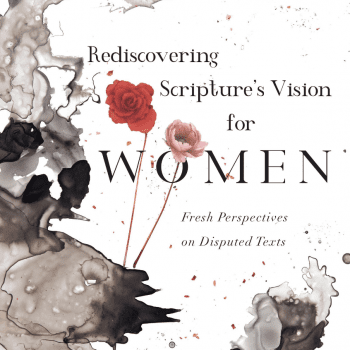 Lauren Daigle’s “You Say,” has remained a favorite since its July 2018 release. The inspirational song has propelled the young Christian artist into mainstream fame, as well, earning her appearances on the Tonight Show Starring Jimmy Fallon and The Ellen Show. Since last July, the hit song ranked number one for seventeen weeks on Christian Airplay and recently climbed into the Top 40 of mainstream Billboard Top 100. The lyrics seem to have touched a broad swath of people, not necessarily Christian.
Lauren Daigle’s “You Say,” has remained a favorite since its July 2018 release. The inspirational song has propelled the young Christian artist into mainstream fame, as well, earning her appearances on the Tonight Show Starring Jimmy Fallon and The Ellen Show. Since last July, the hit song ranked number one for seventeen weeks on Christian Airplay and recently climbed into the Top 40 of mainstream Billboard Top 100. The lyrics seem to have touched a broad swath of people, not necessarily Christian.
How can this be? This song celebrates our identity in Christ: “You say I am loved…you say I am strong…you say I am held… you say I am yours and I believe. Oh I believe what you say to me…” Lauren, the songwriter, and her fans know that “You” refers to Jesus Christ. The lyrics are based on Ephesians, John 3:16, and other biblical passages that speak of God’s love for his people, our identity as his children—chosen, redeemed, comforted, worthy—all of those benefits come to us from God. They do not come from within ourselves or by virtue of our relationship with someone else.
But listen closely to the lyrics, and Jesus’s name is never mentioned. Just “you.” If we hear the song with ears of unbelievers, “you” could be anyone we value. The wording is just general enough to allow non-Christians to consider it a feel-good, encouraging, … no wonder it’s hitting the top of the mainstream charts. (Lauren’s Adele-like vocals don’t hurt either.)
But Lauren clearly identifies the “you” as Jesus. Anyone reading a different message into the song does so out of ignorance or belligerence. The context gives the song its power, which is diminished when the thread that holds the entire song together—the “you” who centers her identity—is ignored and replaced by anything the listener chooses. Anyone who chooses to substitute a false identity for “you” is missing the entire point of the song and risks watering down the power of its message.
A similar trend happens all the time with Bible study. We ignore context and the intent of the original author. In doing so, we lose the meaning of the passage, the heart of what the author is trying to convey.












